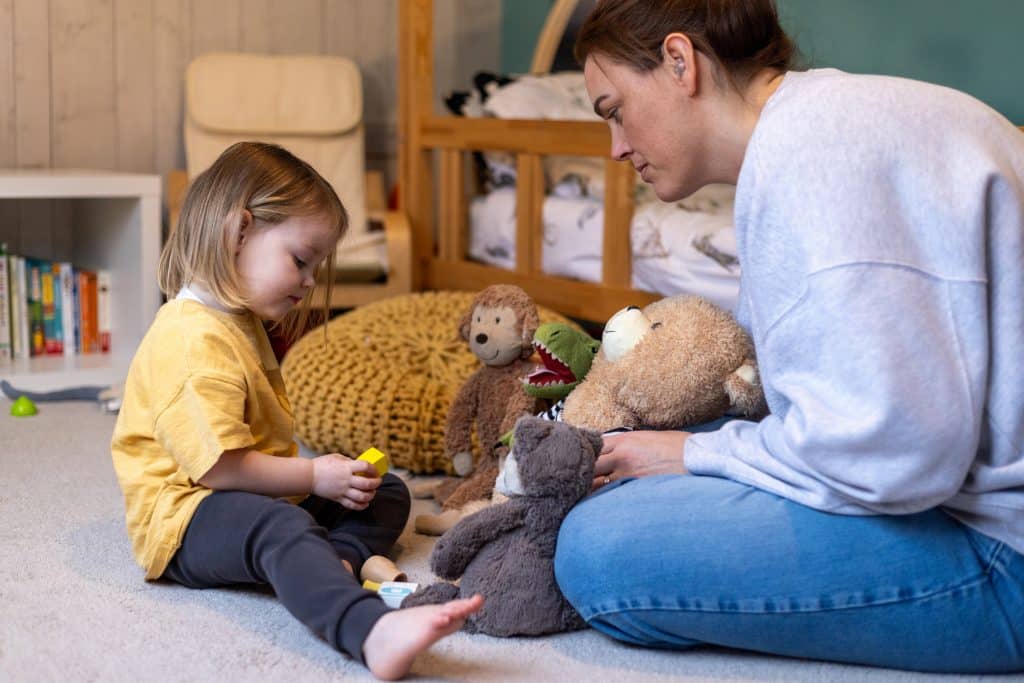
Hearing changes are a natural part of life, and so are the devices that help you stay connected to the world around you. Just as our vision or mobility needs evolve with age, so too do our hearing needs. Modern hearing aids are not one-size-fits-all — they are designed to adapt to your lifestyle, health, and communication goals at different stages of life. Understanding how these needs shift can help you make better choices for your hearing health.
Childhood and Adolescence: Focus on Development and Learning
For children and teens, hearing aids are often more than just about hearing — they support language development, learning, and socialization. Devices for young users need to be durable, adaptable, and easy to adjust as they grow. Features such as wireless connectivity for classroom technology can be especially helpful. Parents and caregivers usually work closely with audiologists to ensure that the devices fit properly and provide consistent support during critical developmental years.
Adulthood: Balancing Work, Family, and Social Life
Adults may experience gradual hearing loss that affects conversations at work, family gatherings, or social activities. At this stage, hearing aids often need to be discreet, comfortable, and flexible for different listening environments. Many modern devices now include Bluetooth features, allowing adults to stream calls, music, and meetings directly to their ears. This not only improves hearing but also keeps users engaged and productive in both personal and professional settings.
Later Life: Prioritizing Comfort and Health
For older adults, hearing aids become a vital tool for maintaining independence, safety, and quality of life. Devices at this stage need to be user-friendly, with simple controls and reliable performance. Rechargeable options are especially popular among seniors, as they eliminate the challenge of handling small batteries. Better hearing also plays a role in reducing risks of social isolation, cognitive decline, and even falls, making these devices an important part of healthy aging.
Why Professional Guidance Matters
Choosing the right hearing aid at any age should always involve professional support. Registered audiologists and hearing specialists can tailor solutions to individual needs, ensuring the device fits not only your hearing profile but also your daily lifestyle. Trusted organizations like the College of Audiologists and Speech-Language Pathologists of Ontario (CASLPO), the Canadian Academy of Audiology, and the World Health Organization provide resources to help you better understand the importance of timely intervention.
At Toronto Family Hearing, we understand that your hearing journey is unique. From childhood to later life, our goal is to provide guidance and solutions that evolve with you — ensuring you hear clearly and live fully at every stage.